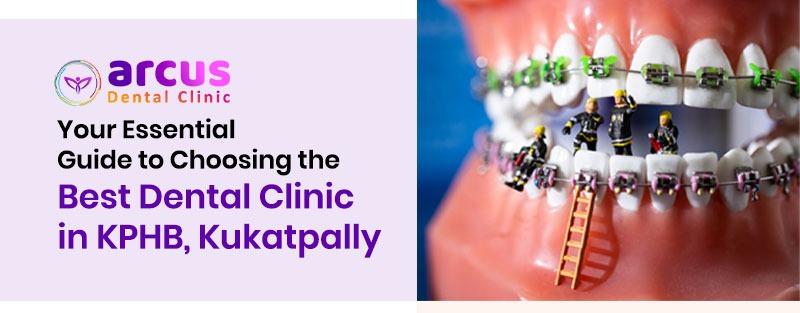Understanding Different Types of Dental Implants
Dental implants have revolutionized the field of dentistry, offering a long- everlasting and effective result for replacing missing teeth. They not only restore the function of your teeth but also give a natural- looking and durable replacement. However, it’s essential to understand the different types available to choose the best option for your requirements, If you are considering dental implants. Let’s explore the different types of dental implants.
Endosteal Implants:
Endosteal implants are the most common type of dental implants used now. These implants are surgically placed directly into the jawbone, where they serve as artificial tooth root, normally made of titanium, endosteal implants give a sturdy foundation for attaching artificial teeth, like as crowns, bridges, or dentures. They’re versatile and can be used to replace a single tooth, multiple teeth, or indeed a full arch of teeth.
Subperiosteal Implants:
Subperiosteal implants are an alternative to endosteal implants, particularly for patients who may not have enough healthy jawbone to support traditional implants. Rather of being placed into the jawbone, subperiosteal implants are placed on top of the bone and just below the gumline. A metal frame is used to hold the implant securely in place, and artificial teeth are then attached to the posts that project through the gums. This type of implant is frequently used when bone grafting isn’t an option.
All- on- 4 Implants:
All- on- 4 implants, also known as full- arch implants, are a specialized type of dental implant used to replace an entire arch of teeth( either upper or lower). With this innovative technique, four dental implants are strategically placed in the jawbone to support a complete set of replacement teeth. All- on- 4 implants offer several advantages, including reduced treatment time, minimum surgical procedures, and the capability to give immediate function with a temporary restoration on the same day as the surgery.
Mini Implants:
Mini implants are smaller in diameter compared to traditional implants, making them a suitable option for cases with lower bone thickness or lower spaces between teeth. These implants are frequently used to stabilize removable dentures, providing increased retention and stability. Mini implants require lesser invasive surgery and generally have a shorter recovery time compared to standard implants. They’re a cost-effective and effective solution for cases seeking a secure and comfortable denture fit.
Zygomatic Implants:
Zygomatic implants are designed for cases who have severe bone loss in the upper jaw and aren’t candidates for traditional implants due to inadequate bone thickness. Rather of anchoring into the jawbone, zygomatic implants are anchored into the zygomatic bone, which is the cheekbone. This innovative approach provides a stable foundation for supporting a full arch of teeth without the need for bone grafting procedures.
Choosing the right type of dental implant depends on various factors, including the condition of your jawbone, the number of teeth to be replaced, your overall oral health, and your individual preferences. Consulting with a suitable dentist is pivotal to determine the most suitable option for your specific requirements.
In conclusion, dental implants offer a permanent and reliable result for replacing missing teeth and restoring your smile. Understanding the different types of dental implants, such as endosteal, subperiosteal, All- on- 4, mini implants, and zygomatic implants, can help you make an informed decision about your oralhealth. However, schedule a discussion with your dentist to discuss which option is best suited to achieve the smile you deserve, If you are considering dental implants.



